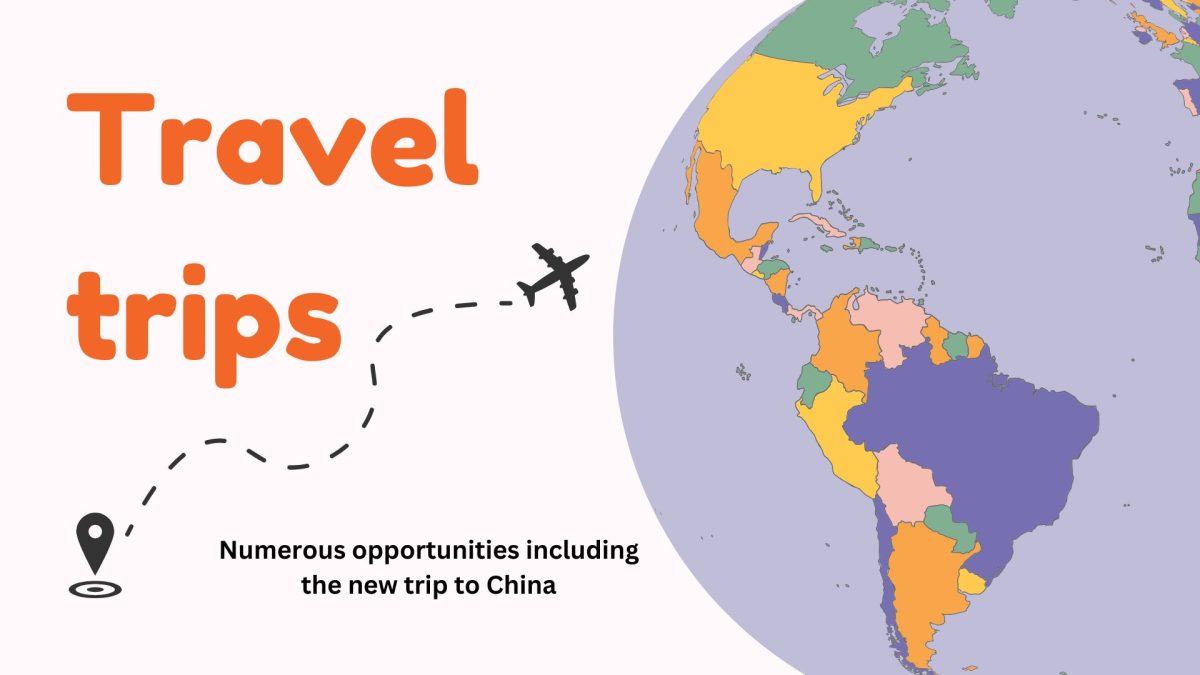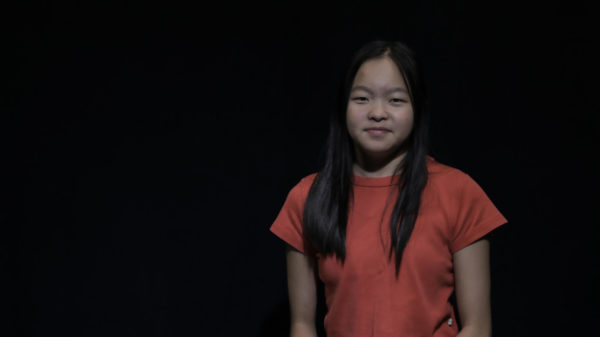In world history classes in the past, students were expected to be learning through a guided textbook. Ethnic Studies is a new world history course that focuses on groups who may have been underrepresented in those guided textbooks.
Ethnic Studies is taught by Gretchen Bertram, a social studies teacher. Bertram has noticed a lack of diversity in the world history textbooks she has read in the past.
“If you look at some of the history books I learned from, there were not a lot of individuals who were represented who weren’t the strong, white winners,” Bertram said. “I want students to be able to examine things from all different perspectives, and not just the dominant perspective.”
Ethnic studies is not a textbook-based world history class, and there is no set curriculum.
“There’s no curriculum, there’s no textbook,” Bertram said. “I want it to be driven by students and what they really want to explore.”
Zoe Tupper, senior, is enrolled in Ethnic Studies, and has noticed how different the class is compared to other world history classes.
“[Gretchen] Bertram really values what we want to learn about,” Tupper said. “I think that’s completely different than world history, where you don’t have a say in what you learn.”
The class connects world history to ethnicity, culture, and diversity, and how those aspects can help shape identity. Using concepts like these, it can help to connect toward marginalized groups of people in history.
“A lot of what we’re exploring are going to be voices that have been excluded from the textbook, that have been marginalized and left out, and I think that’s what we really need to highlight,” Bertram said.
Before Ethnic Studies was added to the curriculum, students from the Affinity Club helped make the class available to students. The project was originally started by West Linn High School alumni Zach Villagomez, with the help of recent graduates Uma Grover and Melinda Lin, Zoe Tupper, senior, and Meagyn Karmakar, former Affinity Club adviser. After two years, they were able to add the new class for the 2023-2024 school year.
77.9% of the students enrolled in Ethnic Studies are white, showing that the minority consists mostly of Black, Indigenous, People of Color (BIPOC) students.
“I think everyone will be more educated on stuff they have never really heard of or haven’t had interest in prior,” Tupper said.
Aiden San Nicolas, senior, is enrolled in Ethnic Studies and has opinions about how the class may help students.
“I feel like [Ethnic Studies] is important to understand unrepresented cultures that aren’t mentioned often,” San Nicolas said. “Ethnic Studies is a really helpful course to understand other cultures and backgrounds.”
I think everyone will be more educated on stuff they have never really heard of or haven’t had interest in prior.
— Zoe Tupper
Following the class being added, in February 2021, the Ethnic Studies standards were implemented. These standards include the new class to have the same requirements as other social studies classes for K—12. This includes elementary and middle schools, where they must be introduced to more complicated concepts about ethnicity, culture, diversity, and identity.
“I don’t know how it could be [available for younger students] because some of the concepts are complicated, which doesn’t mean we shouldn’t teach them,” Tupper said. “I think it’s definitely important, but it should be a lot simpler [for them].”
The Ethnic Studies standards require all schools that follow social studies standards to follow the same standards for ethnic studies by 2027.


























![Game, set, and match. Corbin Atchley, sophomore, high fives Sanam Sidhu, freshman, after a rally with other club members. “I just joined [the club],” Sidhu said. “[I heard about it] on Instagram, they always post about it, I’ve been wanting to come. My parents used to play [net sports] too and they taught us, and then I learned from my brother.”](https://wlhsnow.com/wp-content/uploads/2024/03/MG_7715-2-1200x800.jpg)





![The teams prepare to start another play with just a few minutes left in the first half. The Lions were in the lead at halftime with a score of 27-0. At half time, the team went back to the locker rooms. “[We ate] orange slices,” Malos said. “[Then] our team came out and got the win.”](https://wlhsnow.com/wp-content/uploads/2023/10/IMG_2385-1200x800.jpg)





![At the bottom of the third inning, the Lions are still scoreless. Rowe stands at home plate, preparing to bat, while Vandenbrink stands off to the side as the next batter up. Despite having the bases loaded, the team was unable to score any runs. “It’s just the beginning of the season. We’re just going to be playing out best by June, [and] that’s where champions are,” Rowe said.](https://wlhsnow.com/wp-content/uploads/2024/03/IMG_3077-1200x900.jpg)




































































